
WASHINGTON – Senator Mike Braun, Senator Michael Bennet, Senator Richard Burr, and Senator Tim Scott have introduced the bipartisan Voluntary Protection Program Act in the Senate, a bill that would codify and revive an OSHA program that encourages businesses to adopt stringent safety and health standards for their employees. Voluntary Protection Program businesses are exempt from certain OSHA bureaucratic requirements, and have shown injury and illness rates 50 percent lower than industry averages.
The bill’s companion legislation in the House was introduced by Representative Diana Harshbarger (R-TN) with Representative Mike Thompson (D-CA) and Congresswoman Elise Stefanik (R-NY) as original cosponsors.
OSHA notes the purpose of the Voluntary Protection Programs is to “recognize employers and workers in the private industry and federal agencies who have implemented effective safety and health management systems and maintain injury and illness rates below national Bureau of Labor Statistics averages for their respective industries. In VPP, management, labor, and OSHA work cooperatively and proactively to prevent fatalities, injuries, and illnesses through a system focused on: hazard prevention and control; worksite analysis; training; and management commitment and worker involvement. To participate, employers must submit an application to OSHA and undergo a rigorous onsite evaluation by a team of safety and health professionals.” (OSHA.gov/VPP)
Quick Facts:
· VPP business sites have injury and illness rates 50 percent lower than industry averages.
· VPP safeguards nearly 1 million workers and 700 local unions at 2,200 worksites across the U.S.
· VPP saves private sector employers $257 million and public sector employers $30 million in workers’ compensation, insurance, and lost time costs by promoting safer workplaces.
The Voluntary Protection Program has been operated by OSHA since 1982, but is currently not a statutory program, meaning it can be eliminated or defunded at any time based on the preference of the administration. This bill would make the program law.
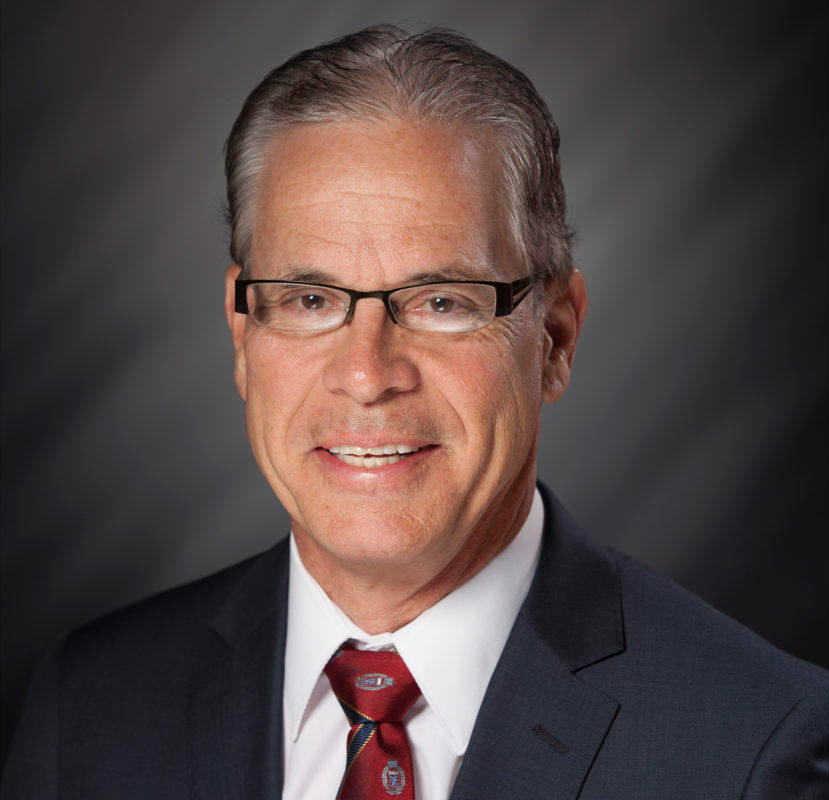
“Businesses that go above and beyond to keep their employees safe and healthy should be encouraged, and business sites participating in OSHA’s Voluntary Protection Program have shown injury and illness rates 50% lower than industry averages. That’s why I introduced the Voluntary Protection Program Act to make sure this program is available for years to come,” said Senator Mike Braun.
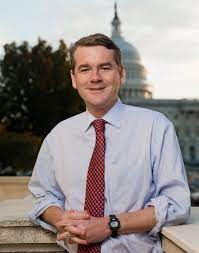
“Workers throughout Colorado and the country should be safe in their workplaces. VPP is a proven model that encourages labor and management to work together to improve the safety of their work environments. I am proud to support this bipartisan bill that ensures OSHA can continue to use this successful and cost-effective program to protect the health and safety of workers,” said Senator Michael Bennet.

“More than 150 North Carolina businesses participate in OSHA’s Voluntary Protection Program, going above and beyond to create a safe work environment for their employees,” said Senator Richard Burr. “That’s why I’m proud to work with my colleagues on this important legislation that will continue fostering safe workplaces across the country and allow OSHA to prioritize its resources on worksites that fall short.”
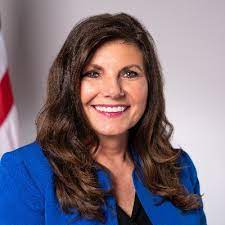
“The Voluntary Protection Program has been proven to both protect workers and ensure those partner businesses are committed to worker safety are not burdened by costly fines. OSHA should be committed to helping businesses comply with worker safety regulations rather than taking a scorched-earth, enforcement-only approach. Enshrining the Voluntary Protection Program into law will ensure that OSHA continues supporting businesses that are committed to the safety of their workers,” said Congresswoman Diana Harshbarger
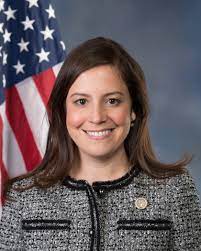
“I am proud to once again support the Voluntary Protection Program Act. This bipartisan legislation encourages cooperative relationships between the Occupational Safety and Health Administration (OSHA) and employers to ensure a safe and healthy workplace for American workers,” said Congresswoman Elise Stefanik, NY-21
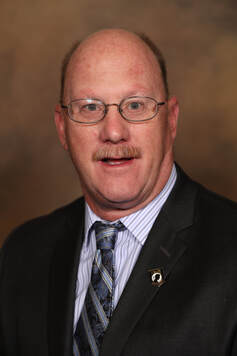
“The Voluntary Protection Program (VPP) saves private sector employers $257 million and public sector employers $30 million in workers’ compensation, insurance, and lost time costs. More than that, VPP saves lives and gets workers everywhere home to their families and friends. The Voluntary Protection Programs Participants’ Association, Inc. (VPPPA) is a leader in worksite and worker safety and health advocacy through an established presence in each OSHA region, promoting a constructive and productive dialogue between labor, management, and regulators. VPPPA Chairperson Terry Schulte said, “The members of VPPPA are a passionate group of safety professionals who have dedicated their professional lives to ensuring the health, welfare, and safety of workers everywhere. We cannot emphasize enough the importance of the VPP and therefore the introduction of the VPP Act (H.R. 2363),” said Voluntary Protection Programs Participants’ Association
This bill would allow the Secretary of Labor to establish a program of entering into cooperative agreements with employers to encourage the establishment of comprehensive safety and health management systems that include:
- requirements for systematic assessment of hazards;
- comprehensive hazard prevention, mitigation, and control programs;
- active and meaningful management and employee participation in the voluntary program described in subsection (b); and
- employee safety and health training.
The bill codifies VPP from merely a vague mention in the Occupational Safety and Health Act of 1970 into a statutory program that cannot be eliminated based on the preference of the Administration. This authorization does not sunset, solidifying the program for years to come.



